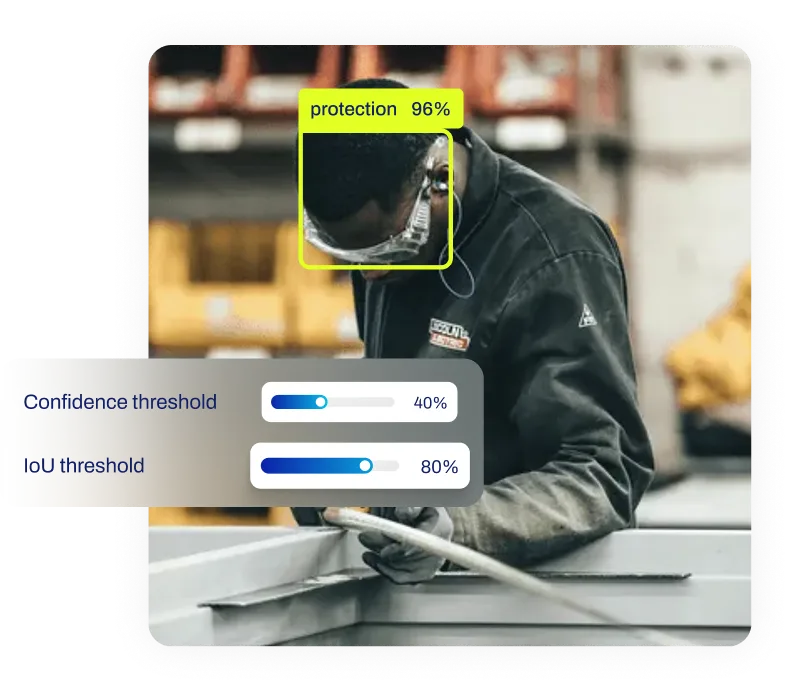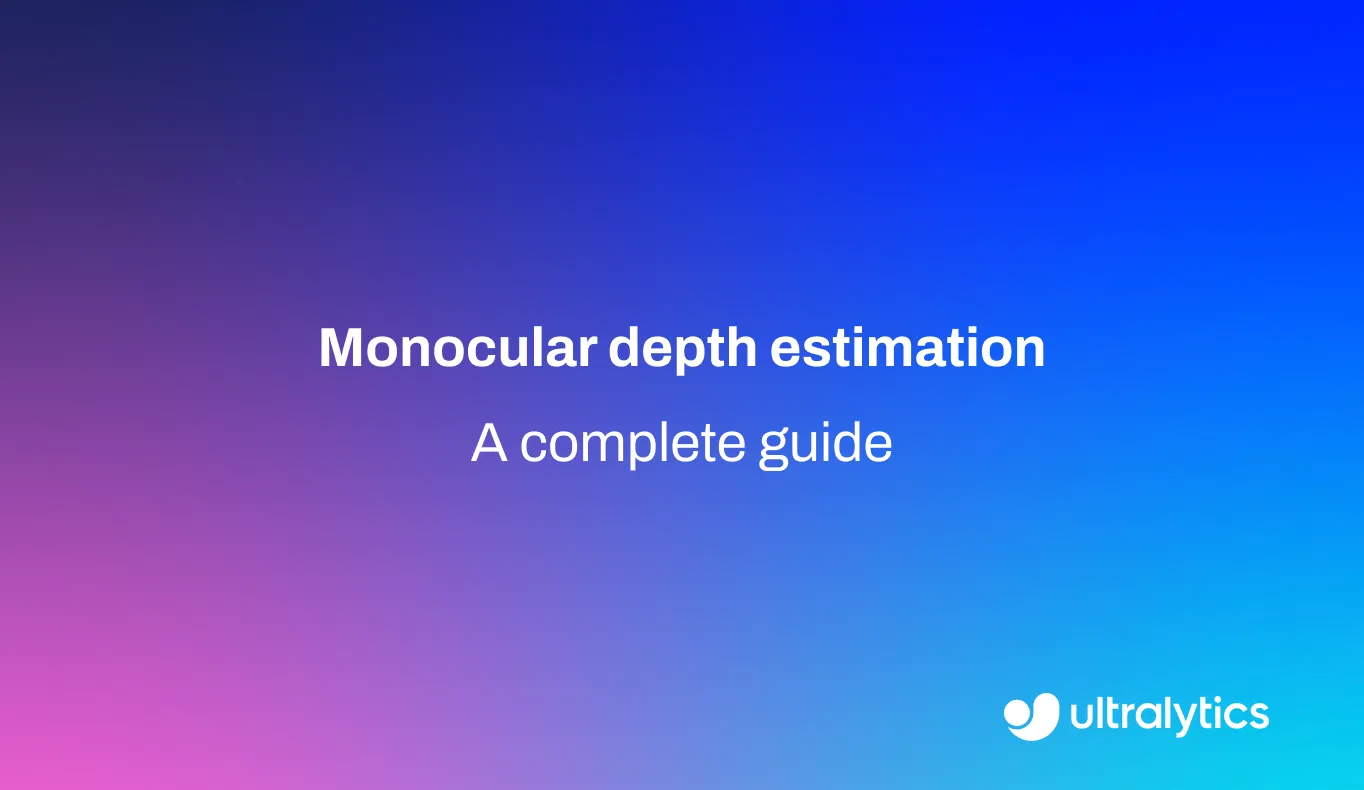Precision
Master precision in machine learning. Learn how to calculate and improve model accuracy, reduce false positives, and evaluate Ultralytics YOLO26 performance.
Precision is a fundamental metric in data science used to evaluate the performance of classification models. It
measures the quality of positive predictions by determining the proportion of true positive identifications out of all
instances the model predicted as positive. In the realm of
machine learning (ML), precision answers the
critical question: "When the model claims it found an object, how often is it correct?" High precision
indicates that an algorithm produces very few
false positives,
meaning the system is highly trustworthy when it flags an event or detects an item. This metric is particularly vital
in scenarios where the cost of a false alarm is high, requiring
AI agents to act with certainty.
Differentiating Precision, Recall, and Accuracy
To fully understand model performance, it is essential to distinguish precision from related statistical terms. While
they are often used interchangeably in casual conversation, they have distinct technical meanings in
computer vision (CV) and analysis.
-
Precision vs. Recall: These two metrics often exist in a trade-off relationship. While precision
focuses on the accuracy of the positive predictions,
Recall (also known as sensitivity) measures the ability of
the model to find all relevant instances in the dataset. A model optimized purely for precision might miss
some objects (lower recall) to ensure that everything it does catch is correct. Conversely, high recall
ensures few missed objects but may result in more false alarms. The
F1-Score is often used to calculate the harmonic mean of
both, providing a balanced view.
-
Precision vs. Accuracy: Accuracy is the
ratio of correct predictions (both positive and negative) to the total number of predictions. However, accuracy can
be misleading in
imbalanced datasets. For
example, in a fraud detection system where 99% of
transactions are legitimate, a model that simply predicts "legitimate" every time would be 99% accurate
but have zero precision for detecting fraud.
Real-World Applications
The specific requirements of an industry often dictate whether developers prioritize precision over other metrics.
Here are concrete examples of where high precision is paramount:
-
Retail Loss Prevention: In
AI in retail, automated checkout systems use
object detection to identify items. If a system
has low precision, it might incorrectly flag a customer's personal bag as a stolen item (a false positive). This
leads to negative customer experiences and potential legal issues. High precision ensures that security is only
alerted when there is a very high probability of theft, maintaining trust in the
security alarm system.
-
Manufacturing Quality Control: In
smart manufacturing, vision systems inspect
assembly lines for defects. A model with low precision might classify functional parts as defective, causing them to
be scrapped unnecessarily. This wastage increases costs and reduces efficiency. By tuning for high precision,
manufacturers ensure that only truly defective items are removed, optimizing the production line. You can explore
how
Ultralytics YOLO26
aids in these industrial tasks by reducing false rejections.
Improving Precision in Computer Vision
Developers can employ several strategies to improve the precision of their models. One common method is adjusting the
confidence threshold during inference. By requiring a
higher confidence score before accepting a prediction, the model filters out uncertain detections, thereby reducing
false positives.
Another technique involves refining the
training data. Adding "negative
samples"—images that do not contain the object of interest but look somewhat similar—helps the model learn to
distinguish the target from background noise. Using the
Ultralytics Platform simplifies this process by allowing teams to
curate datasets, visualize model predictions, and identify
specific images where the model is struggling. Additionally, effective
data augmentation can expose the model to more
varied environments, making it more robust against confusing visual elements.
Calculating Precision with Ultralytics YOLO
When working with modern object detection architectures like
YOLO26, precision is calculated automatically during the
validation phase. The following Python example demonstrates how to load a model and retrieve its performance metrics,
including precision, using the val mode.
from ultralytics import YOLO
# Load a pretrained YOLO26 model
model = YOLO("yolo26n.pt")
# Validate the model on the COCO8 dataset to calculate metrics
metrics = model.val(data="coco8.yaml")
# Access and print the mean Precision (P) score
# The results dictionary contains keys for various metrics
print(f"Mean Precision: {metrics.results_dict['metrics/precision(B)']:.4f}")
In this workflow, the model evaluates its predictions against the
ground truth
labels in the dataset. The resulting score provides a direct benchmark of how precise the model's detections are. For
complex projects, monitoring these metrics over time via tools like
TensorBoard or the
Ultralytics Platform is critical for ensuring the system remains
reliable as new data is introduced.
Related Concepts in Model Evaluation
-
Intersection over Union (IoU): A metric used to evaluate the overlap between the predicted
bounding box and the ground truth. A detection is
only considered a "true positive" if the
IoU exceeds a
certain threshold.
-
Precision-Recall Curve: A visualization that plots precision against recall for different
thresholds. This curve helps engineers visualize the trade-off and select the optimal operating point for their
specific application, as detailed in standard
statistical learning resources.
-
Mean Average Precision (mAP): A comprehensive metric that calculates the average precision across
all classes and IoU thresholds. It is the standard benchmark for comparing models on datasets like
COCO or
ImageNet.










.webp)